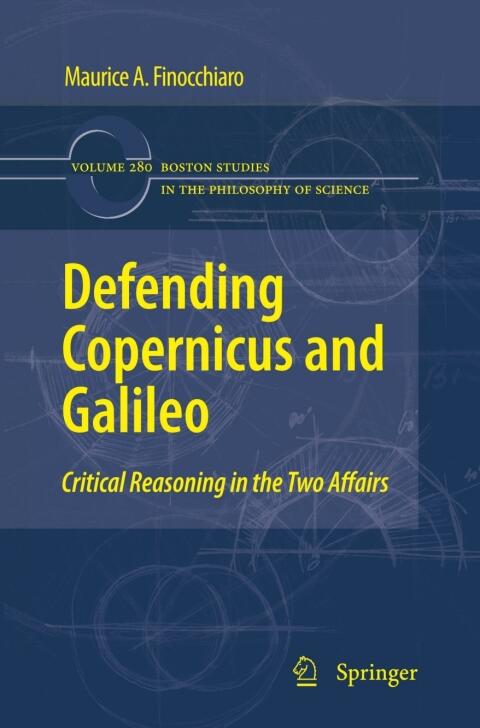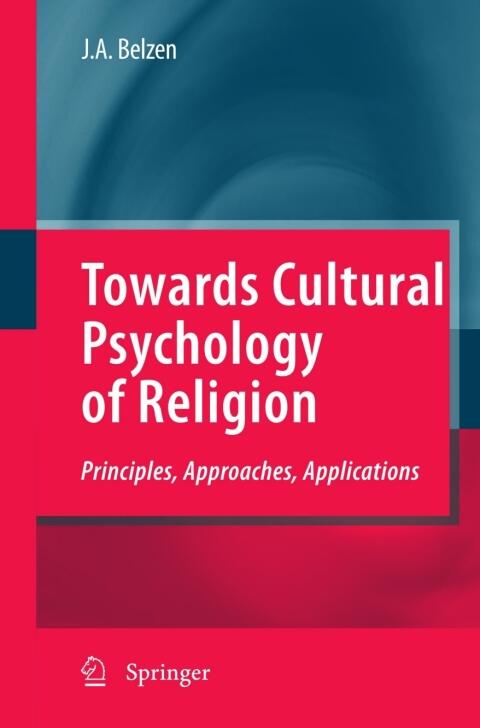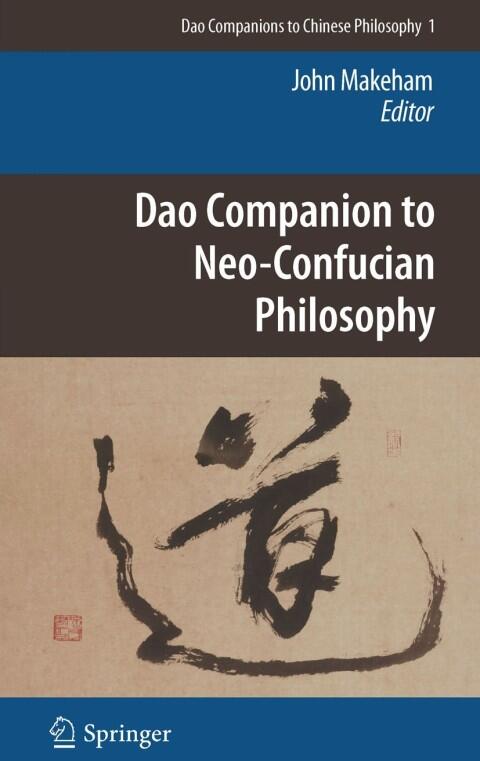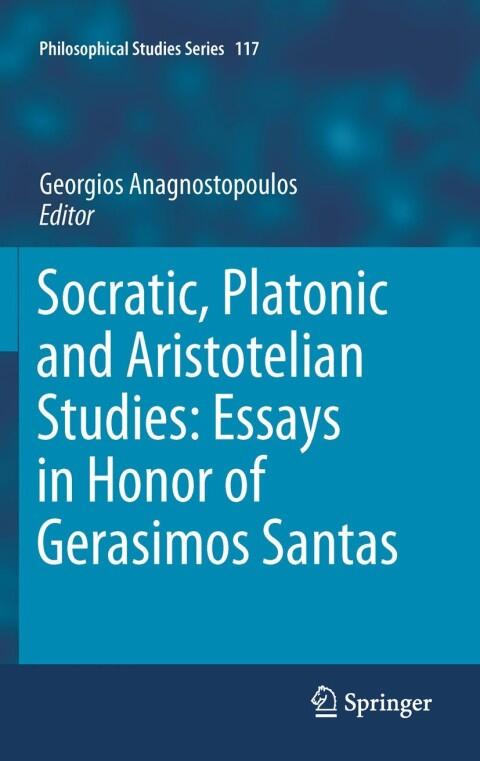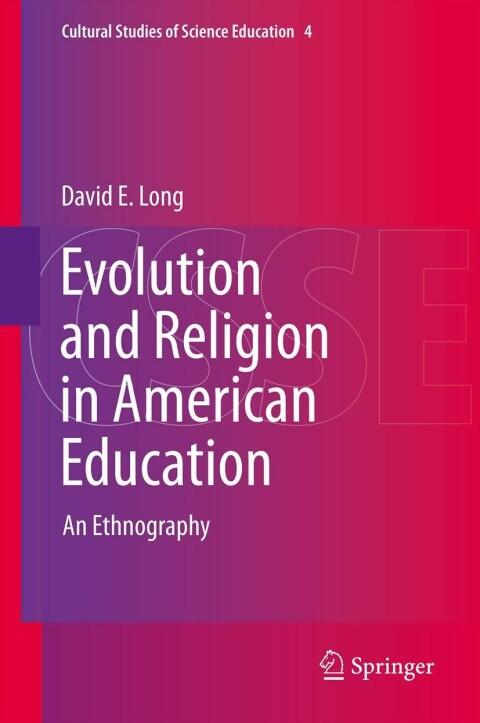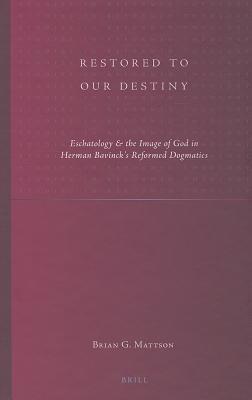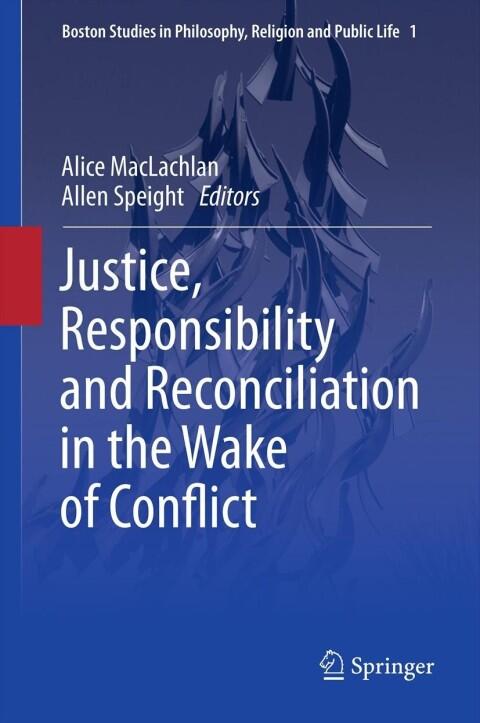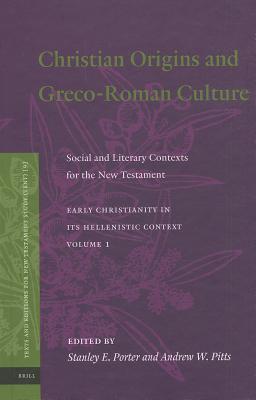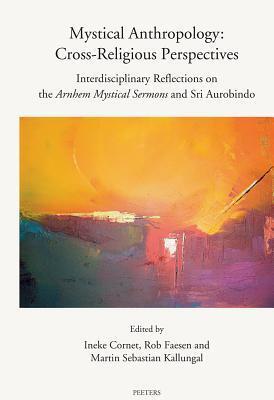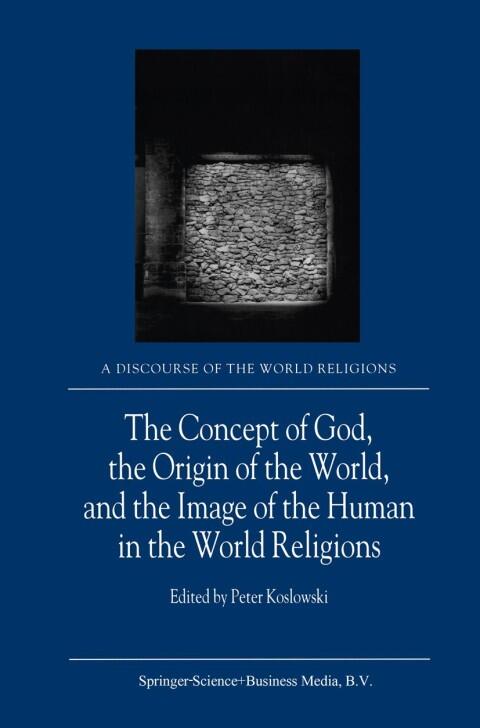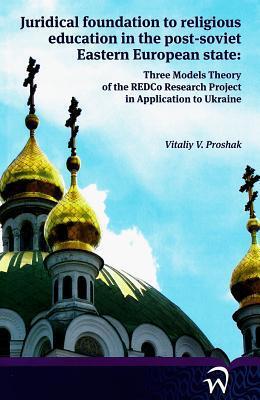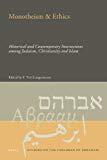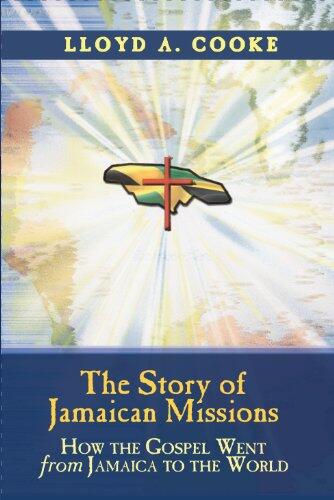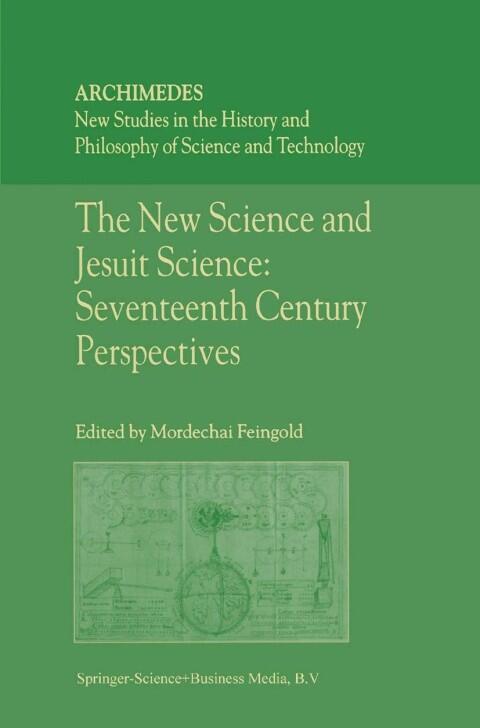
The New Science and Jesuit Science: Seventeenth Century Perspectives
توسط
M. Feingold
هنوز رتبهبندی نشده است
Religion & Spirituality
History
Philosophy
فرمت
کیندل
صفحات
286
زبان
هلندی، فلمنگی
منتشر شده
Jan 1, 2013
ناشر
Springer
نسخه
2003
ISBN-10
9401703612
ISBN-13
9789401703611
توضیحات
In the seventeenth century, the intersection of science and faith gave rise to a rich tapestry of intellectual development, with Jesuit scholars playing a pivotal role. This exploration delves into the various perspectives that shaped early modern science, highlighting how Jesuit education and inquiry contributed to mathematical advancements during this transformative period. Their commitment to both learning and teaching fostered an environment where scientific thought could flourish alongside religious beliefs.
The authors weave together historical narratives, examining the lives and works of prominent Jesuit scientists, their methods, and their contributions. From advancements in astronomy to innovations in mathematics, the Jesuits were influential in the first systematic approaches to scientific inquiry, blending rigorous academic discipline with the spiritual ethos of their order.
Moreover, the text reveals the tensions and harmonies between new scientific ideas and traditional beliefs, drawing a nuanced picture of the intellectual landscape of the time. Thus, the exploration invites readers to reconsider the legacy of the Jesuits, not only as educators but as formidable thinkers influencing the scientific revolution.
In this examination, the significance of collaboration, debate, and reflection among scholars emerges as fundamental to the development of new scientific paradigms, demonstrating how the Jesuit commitment to knowledge shaped the evolution of Western thought in the early modern era.
The authors weave together historical narratives, examining the lives and works of prominent Jesuit scientists, their methods, and their contributions. From advancements in astronomy to innovations in mathematics, the Jesuits were influential in the first systematic approaches to scientific inquiry, blending rigorous academic discipline with the spiritual ethos of their order.
Moreover, the text reveals the tensions and harmonies between new scientific ideas and traditional beliefs, drawing a nuanced picture of the intellectual landscape of the time. Thus, the exploration invites readers to reconsider the legacy of the Jesuits, not only as educators but as formidable thinkers influencing the scientific revolution.
In this examination, the significance of collaboration, debate, and reflection among scholars emerges as fundamental to the development of new scientific paradigms, demonstrating how the Jesuit commitment to knowledge shaped the evolution of Western thought in the early modern era.
نقدها
هنوز نظری ثبت نشده است
اولین نفری باشید که این کتاب را نقد کرده و نظرات خود را به اشتراک میگذارید
اولین نقد را اضافه کنیدسابقه خواندن
گزارشهای خواندنی یافت نشد
برای مشاهده گزارشها در اینجا، شروع به ردیابی پیشرفت خواندن خود کنید
اضافه کردن اولین سابقه خواندن شمایادداشتها
گزارش تراکنشها
هیچ گزارش تراکنشی یافت نشد
برای مشاهده گزارشها در اینجا، شروع به ردیابی معاملات کتاب خود کنید
اضافه کردن اولین سابقه تراکنش شما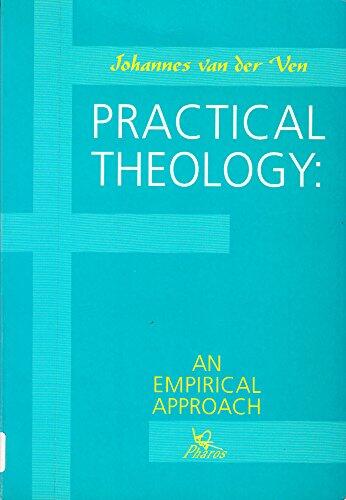
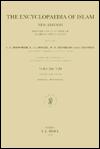

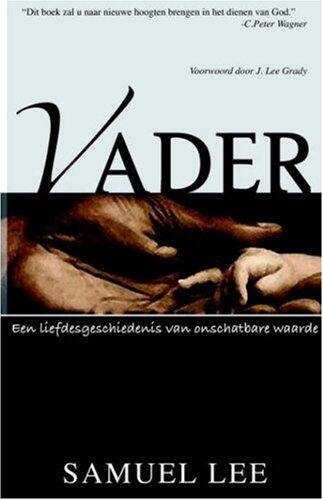

![[Ethical Principles and Economic Transformation - A Buddhist Approach (Issues in Business Ethics)] [Author: x] [May, 2011]](https://images.bookpine.com/bd815e9c-ead9-4e64-bfb5-aea659b2460b.jpg)
